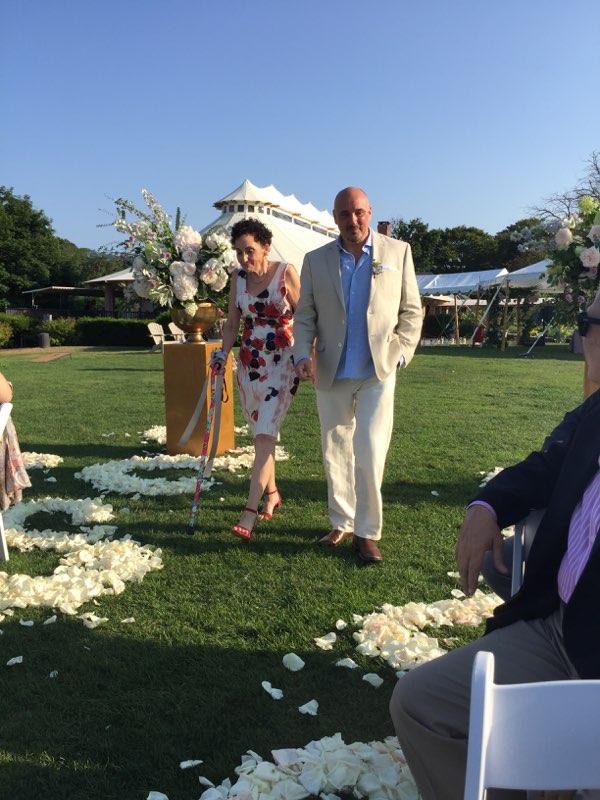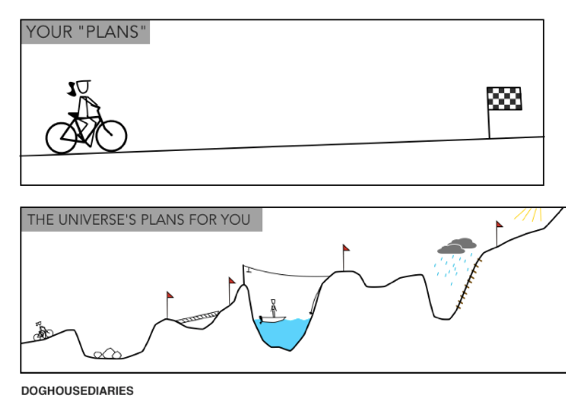INSPIRATION • INFLUENCER • INNOVATOR

The first thing I want you to know about me is I’ve been where you are now.
The second thing I want you to know is…
I get it.
I was diagnosed with borderline personality disorder when I was twenty-nine years old, following the diagnoses of anorexia at twenty-six and major depressive disorder, severe and recurrent at twenty-eight.
I’ve had twenty-plus inpatient psychiatric admissions over a span of twenty-three years. I lived in a supervised residence for three years. I’ve been in multiple day programs, partial hospitalization programs, and therapy groups. I’ve experienced psychosis as a result of severe depression. I’ve had several courses of ECT which resulted in permanent memory loss. I’ve cut myself, starved myself, been addicted to cocaine and Klonopin. I also tried to kill myself four times.
As a person with mental illness or as a loved one as a person who has been diagnosed with a mental illness, you might be scratching your head and wondering how I managed to afford all this treatment?
When I was diagnosed in the late 1980’s and early 1990’s, it was the era prior to managed care, so treatment programs such as long-term units and halfway houses were prevalent and were readily paid for by insurance. It also took some time before the concept of in-network and out-of-network physicians and therapists was put into place. When I was working, I could submit almost any claim and it would be paid.
Once the reins of managed care started to tighten around providers, I was able to continue outpatient treatment with the assistance of family support. My mother had started a successful computer custom software development firm and when she passed away in 2002, my brother who took the reins, continued to help me out financially so I could continue accessing the intensive treatment I needed.
And here I am.
I earned a master’s degree in social work in 2000 and I’m currently working full-time as a psychiatric social worker. In the spirit of honesty, I suffered a stroke on Memorial Day weekend of 2018. I just returned to work full time on December 23, 2019. It was a long haul, but I remain grateful as the residual effects could have been much worse.
I never married or had children, but I have close friends and an active social life.
I have friends with who I was in treatment with in the 1990’s. I have friends from various writing communities to which I belonged. I’ve been attending an eating disorder alumni recovery group since 2014 at an outpatient treatment center in Manhattan, so I’m close to the women in that group. I have friends that I’ve met from being on hospital units or in partial hospitalization programs and stayed connected with. I’ve made friends who have caught the entrepreneurial bug, like me and we support each other. And I have friends from no particular place, just having met them around.
My best friend is my brother. It’s just the two of us since both of our parents have passed. He got re-married in August of 2018 and he asked me to walk him down the aisle which rates up there as one of the best moments of my life.

Why am I telling you all this?
Because I want you to know that full and sustained recovery is possible.
It’s not an easy course. The therapy, regardless of which evidence-based treatment you and your team choose, will be intense. Therapy is a lot of work and there are many ups and downs, good days, bad days, good moments and bad moments.
Recovery is not a straight line. There were countless times I took two steps forwards and one step back, three steps forward and two steps back. This was really important for me to remember. I keep this cartoon by my desk to help me remember.

One of the most crucial aspects of therapy for me, if not the most crucial was my relationship with my therapist. I know if I hadn’t entered into treatment with the therapist I’ll call Dr. L. – she is the rare psychiatrist who loves doing psychotherapy with her patients – I’d be dead. She specializes in TFP (transference focused psychotherapy). I saw several therapists before I connected with her.
It took a while, as it will with any therapist, but I learned I could trust her and I could tell her anything. Anything. And I could not drive her away. And I could not shock her. And she would not reject me or abandon me. And she didn’t judge me.
Another way in which Dr. L. helped me was to adjust her fee depending on my financial situation during the eleven years I worked with her. There were also times she let me carry a balance and she trusted me to pay her back, which I always did.
My path has ignited a passion to give back to the mental health community. I’m acutely aware of the stigma and the labels that have been thrust upon us. I need to be involved in the movement to ignite change.
I am fully committed to joining this effort.
Thank you for visiting my website.
